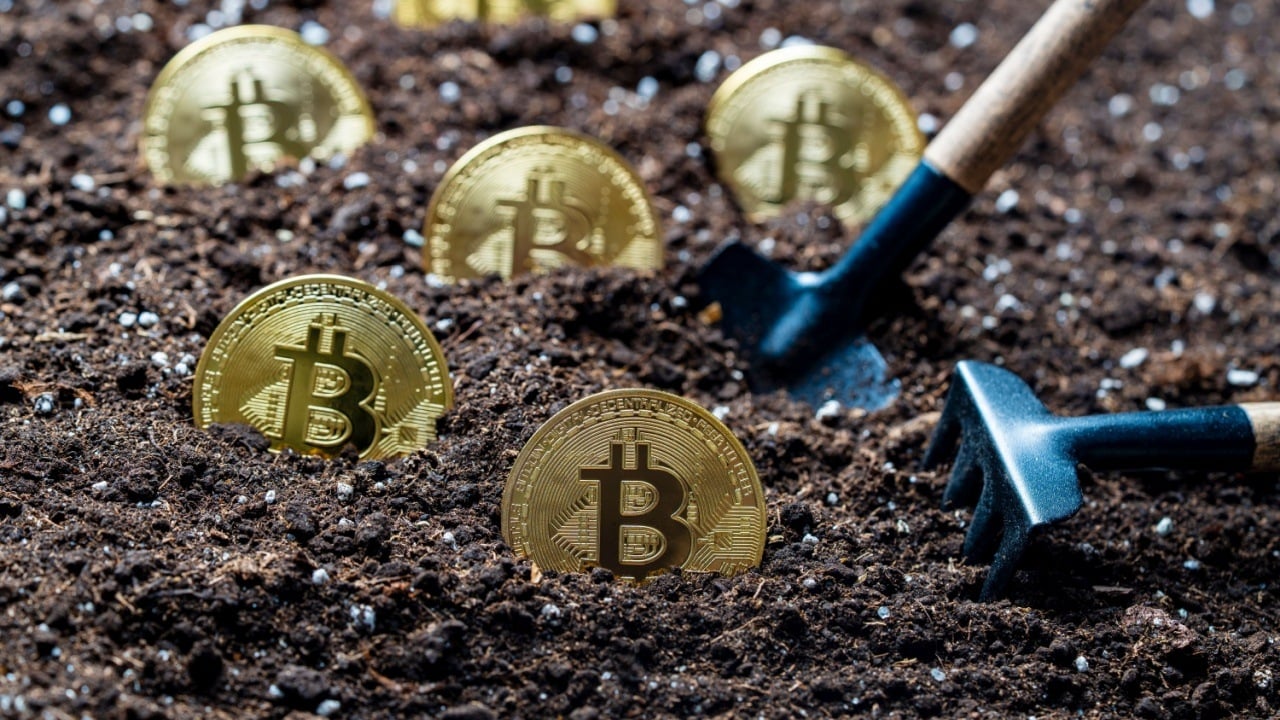Tether and Adecoagro’s collaboration in Brazil marks a pivotal moment in the cryptocurrency industry, demonstrating how Bitcoin mining can be integrated with sustainable energy practices. This partnership not only highlights the potential for renewable energy to power blockchain infrastructure but also underscores the growing trend of corporations exploring Bitcoin as a long-term asset. By leveraging Adecoagro’s surplus renewable energy, the initiative aims to create a model for environmentally responsible mining operations.
The Strategic Alliance
Tether, the issuer of the world’s largest stablecoin, USDT, has long been committed to supporting decentralized networks and resilient energy infrastructure. Its partnership with Adecoagro, a leading sustainable production company in South America, represents a strategic alignment of interests. Adecoagro operates over 230 MW of renewable energy capacity, including wind, solar, and hydropower, making it an ideal partner for Tether’s green Bitcoin mining venture. The collaboration allows Adecoagro to monetize its excess energy, which is currently sold at spot market prices, while also exploring Bitcoin as a long-term value asset.
The Memorandum of Understanding (MoU) formalizes this partnership, outlining a joint effort to establish a Bitcoin mining operation powered by renewable energy. Tether will leverage its expertise in mining operations and open-source Mining OS to manage the project, ensuring transparency and efficiency. This initiative is expected to bolster grid stability by providing a flexible energy consumer that can absorb excess renewable energy during low-demand periods and reduce consumption during peak times.
Sustainable Bitcoin Mining
At the heart of this partnership is the use of renewable energy to power Bitcoin mining operations. Traditional Bitcoin mining has been criticized for its high energy consumption and reliance on fossil fuels. However, by utilizing renewable energy sources, Tether and Adecoagro aim to significantly reduce the carbon footprint of mining activities. This approach not only aligns with global sustainability goals but also sets a precedent for the cryptocurrency industry to adopt more environmentally friendly practices.
Adecoagro’s renewable energy sources generate more electricity than the company requires for its agricultural operations. By redirecting this surplus energy to Bitcoin mining, Adecoagro can optimize its energy use and create a new revenue stream. This diversification of income sources can enhance the company’s financial stability, particularly in a volatile energy market. Additionally, the mining operation can contribute to grid stability by acting as a flexible energy consumer, absorbing excess energy during low-demand periods and reducing consumption during peak times.
Bitcoin as a Long-Term Asset
Beyond monetizing surplus energy, Adecoagro recognizes the potential of Bitcoin as a long-term value asset. The company plans to leverage this mining project to initiate strategic exposure to Bitcoin on its balance sheet, similar to its farmland holdings. This move reflects a growing trend among corporations to include Bitcoin as part of their investment portfolio, recognizing its potential as a store of value and hedge against inflation. By integrating Bitcoin into its balance sheet, Adecoagro can further diversify its assets and mitigate risks associated with traditional markets.
Brazil’s Favorable Environment
Brazil’s regulatory environment, abundant renewable energy resources, and growing interest in cryptocurrency make it an attractive location for Bitcoin mining operations. The country’s commitment to sustainable development further enhances its appeal as a hub for green Bitcoin mining initiatives. Brazil’s favorable conditions provide a conducive environment for Tether and Adecoagro to establish a sustainable mining operation that aligns with global sustainability goals.
Challenges and Opportunities
While the Tether-Adecoagro partnership holds significant promise, it also faces certain challenges. The volatility of Bitcoin prices can impact the profitability of mining operations, requiring careful risk management strategies. Additionally, regulatory changes and technological advancements can affect the economics of Bitcoin mining. However, the opportunities for growth and innovation in the sustainable Bitcoin mining space are immense. As more companies embrace renewable energy and adopt efficient mining technologies, the environmental impact of Bitcoin mining can be significantly reduced.
The Tether-Adecoagro partnership is poised to lead the way in this transformation, paving the path for a more sustainable and responsible cryptocurrency ecosystem. By demonstrating that Bitcoin mining can be powered by renewable energy, this initiative sets a new standard for the industry. As the cryptocurrency market continues to evolve, it is essential to prioritize sustainability and innovation to ensure a greener future for Bitcoin and the planet. The collaboration between Tether and Adecoagro serves as an inspiring example of how companies can work together to create a more sustainable and prosperous future for all.





